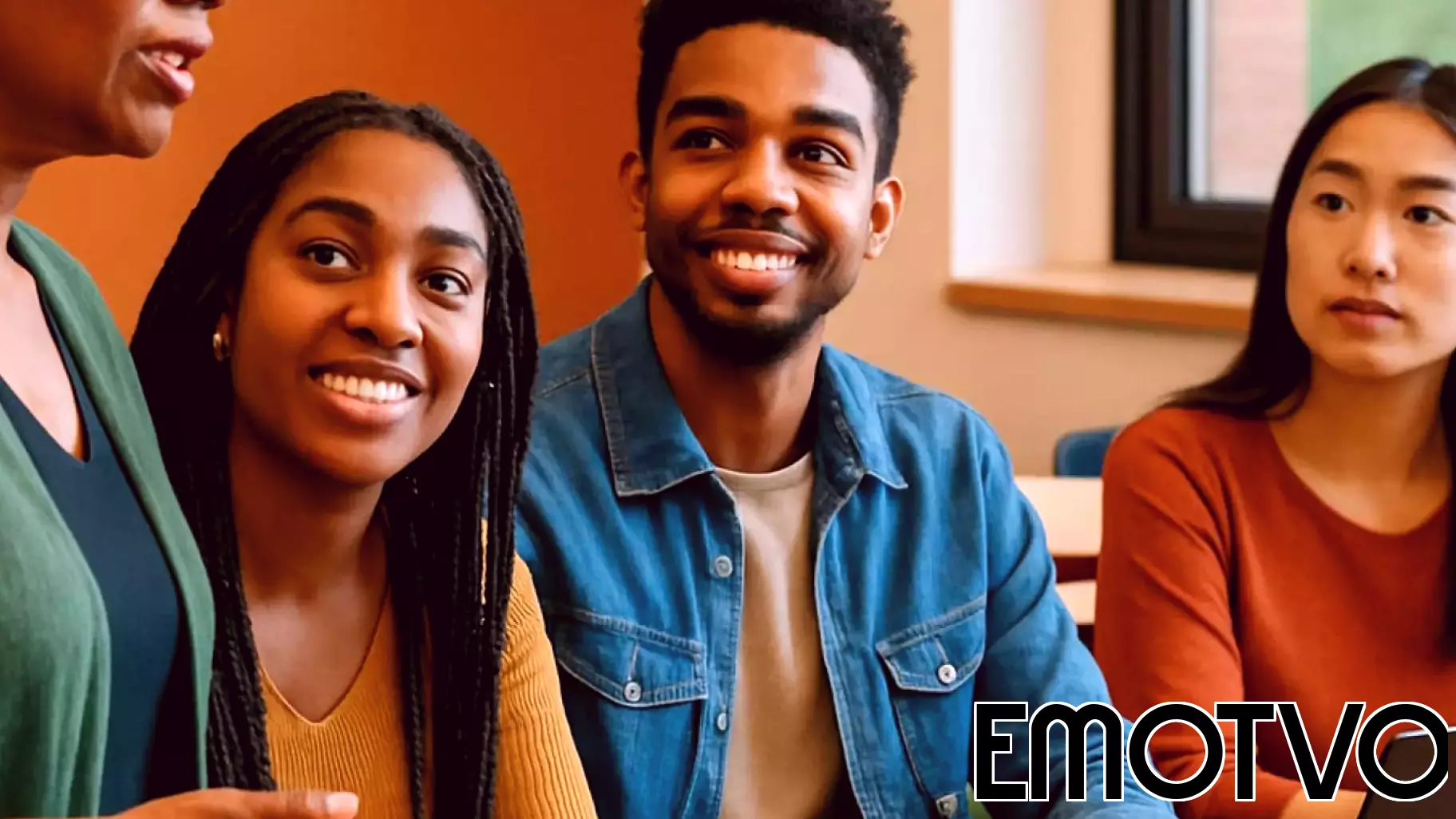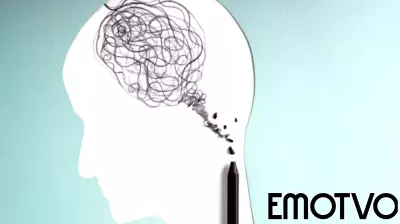April 19, 2025 - 06:06

Cognitive science has significantly influenced educational discourse, reshaping our understanding of how students learn. However, a critical question arises: can teachers effectively assess cognitive processes that are inherently unobservable? While cognitive science offers valuable insights into learning mechanisms, it often presents challenges in practical application within the classroom setting.
Educators are increasingly encouraged to integrate cognitive principles into their teaching methodologies. Yet, the gap between theoretical understanding and practical implementation remains a concern. Teachers may find themselves grappling with abstract concepts that do not translate easily into measurable outcomes. This disconnect can lead to frustration as they strive to enhance student learning while navigating the complexities of cognitive theories.
To bridge this gap, a more pragmatic approach is needed. Educators could benefit from strategies that focus on observable behaviors and outcomes, allowing for a clearer assessment of student progress. By prioritizing practical applications of cognitive science, teachers can create a more effective learning environment that truly reflects students' understanding and capabilities.



